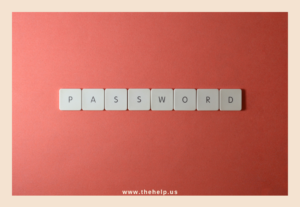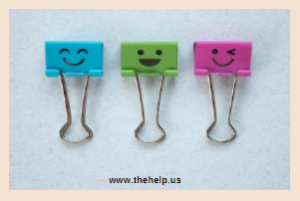
There’s a strong pushback from employees as companies flex their muscles to recall them back into the office. Social media call out, petitions, and campaigns have been launched to let employers know that: employees want to retain the flexibility that remote and hybrid work afforded during the pandemic.
As it turns out, remote or work-from-home FLEXIBILITY is a job feature that most employees are willing to quit or give up extra pay for. This interesting Business News Daily article reports that “employees would sacrifice between 2.6% and 5.1% of their salary for more flexibility. Half of employees care more about flexibility than salary.” It also says “among American employees who have been offered flexible work arrangements, 87% have taken them. Common reasons for taking flexible arrangements include lower stress levels, better trust-building and more happiness overall.”
Isn’t that interesting? Workplace flexibility is now as much a retention “must have” more than just being a company “perk”. That means workplace flexibility is here to stay. Even before the pandemic, a storm was clearly brewing. Tired of long, tiring commutes and overbearing bosses looking over their shoulders, employees are no longer willing to prioritize presence over performance. Gone are the days when you were expected to stay long hours at the office and sacrifice personal time and mental health just to be SEEN at the office. By now, we have proven that being there does not mean doing a better job than those who aren’t at the office physically.
If you think about it, workplace flexibility is an overall win for both employers and employees. It provides employees the flexibility and freedom to work where, how and when they want. Employees discovered the best time they can work most effectively and with fewer interruptions. For example, night owls can work quietly at night when everyone is asleep and early birds can get in some work done early during the day leaving both birds time to be present for their families and do other personal things during their time off work. On the other hand, employers can clearly see an increase in engagement, creativity, and performance. And why not, being able to feel that the company cares for you would drive those engagement numbers right up and actually increase retention.
People need to be able to pursue endeavors that fuel productivity and creativity. Otherwise, they’ll feel like mere cogs in a wheel and feel disconnected from the bigger picture. Empowering employees with more flexibility and autonomy is not only a competitive move for employers or a last ditch retention effort, but an investment in a happier, better-balanced and well-rounded society that benefits us all.
Do you have workplace flexibility? Does your company offer it as a perk or is it now fully ingrained in your workplace culture? What are your thoughts on workplace flexibility? Share them with us in the comments. Remember to work smart and be a blessing to someone today. Stay safe and healthy!
Written by Jaie O. TheHelp



